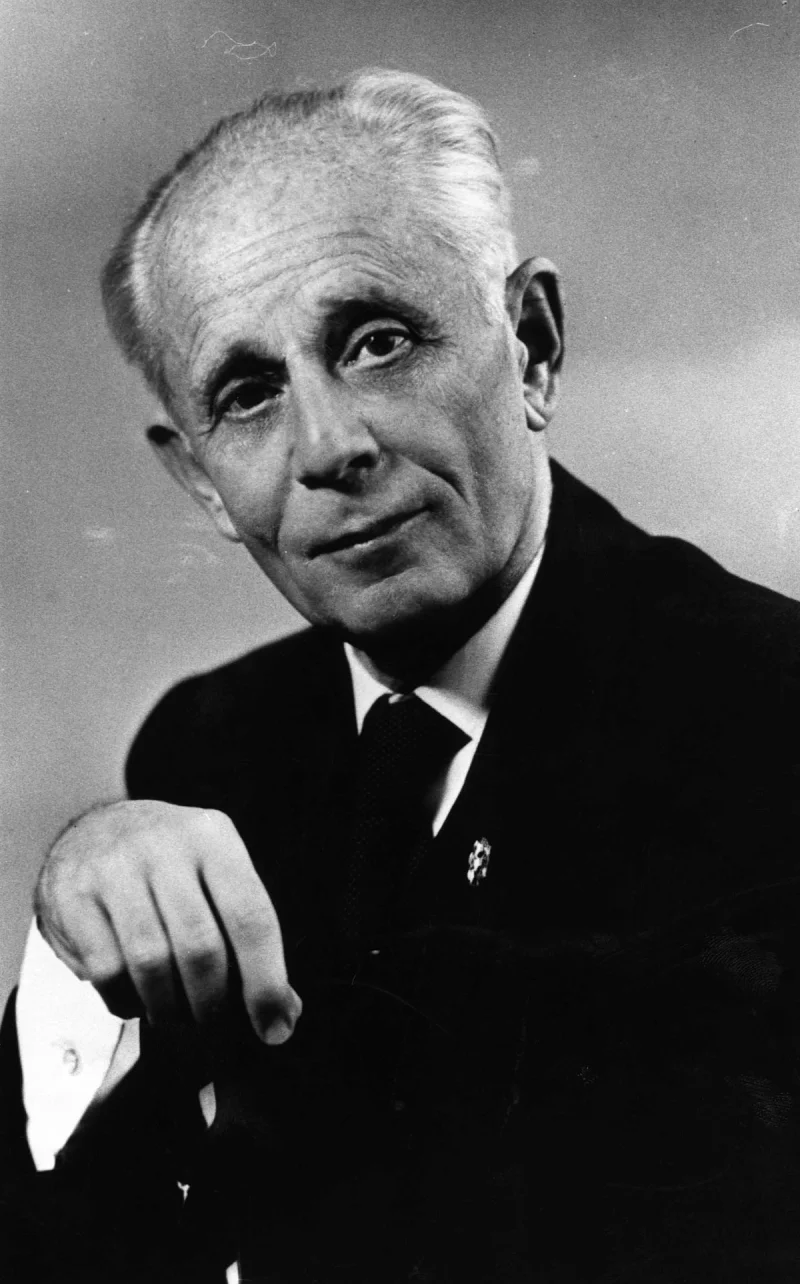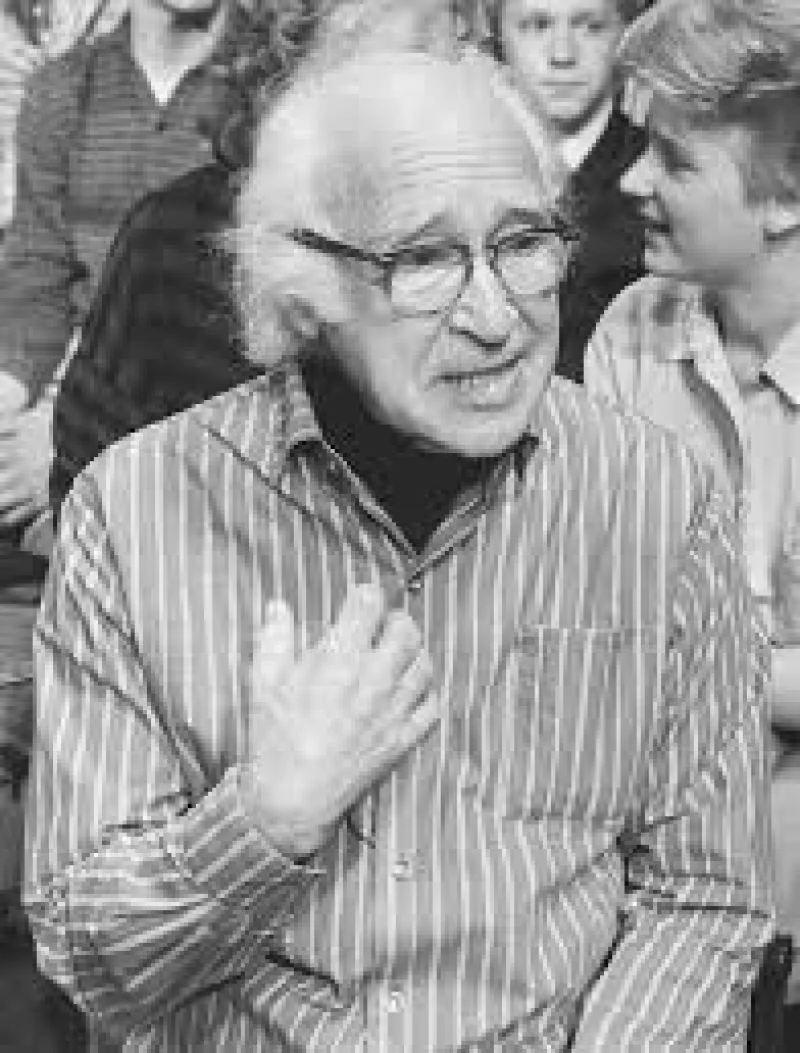Short Summary
Nicholas Culpeper was a 17th-century English herbalist, physician, and astrologer, renowned for his influential work in the field of herbal medicine. He is best known for "The English Physician," a comprehensive guide to herbal remedies that made medical knowledge accessible to common people. Culpeper's integration of astrology into medicine and his advocacy for accessible healthcare marked significant shifts in medical practice and public health. His work remains a cornerstone in the study of herbalism and holistic medicine.
Early Life & Education
Born on October 18, 1616, in Surrey, England, Nicholas Culpeper was raised by his widowed mother after his father passed away shortly before his birth. He was educated at Cambridge, where he studied Latin and Greek, cultivating a foundation for his later work in translating medical texts. Culpeper's early exposure to classical texts and his mother's herbal remedies deeply influenced his interest in medicine. However, his formal education was interrupted when he left university to apprentice with an apothecary in London, which set the stage for his future career as a herbalist and medical practitioner.
Career Highlights
Culpeper's career was marked by his dedication to making medical knowledge accessible to the public. After completing his apprenticeship, he set up his own practice in Spitalfields, London. There, he began translating Latin medical texts into English, making them available to those who couldn't afford expensive physicians. His publication of "The English Physician" in 1652 was a landmark achievement, offering a comprehensive guide to herbal medicine. Culpeper's work challenged the medical establishment by emphasizing the importance of herbal remedies and astrology in medical treatment, which was revolutionary for his time.
Major Achievements
- Authored "The English Physician," a seminal guide to herbal medicine that democratized medical knowledge.
- Translated complex Latin medical texts into English, making them accessible to the general public.
- Integrated astrology into medical practice, offering an alternative approach to conventional medicine.
- Advocated for affordable healthcare, challenging the dominance of physicians over medical practice.
Famous Quotes
- "Let no man seek henceforth to be wise in his own conceit, for I have delivered more plainness in this book than ever men could attain unto before."
- "The people have no more need of physic than of astrologers."
Interesting Facts
- Culpeper served as a soldier in the English Civil War before fully dedicating himself to medicine.
- His work was considered controversial, leading to tensions with the College of Physicians.
- Culpeper's herbal remedies were often accompanied by astrological advice, a practice uncommon at the time.
- He was a staunch critic of bloodletting and other common medical practices of his day.
- Culpeper's influence extended beyond England, impacting herbal medicine practices worldwide.
Legacy / Influence
Nicholas Culpeper's legacy is characterized by his pioneering efforts to make medical knowledge accessible to the masses. His integration of herbal remedies and astrology into medical practice influenced subsequent generations of herbalists and medical practitioners. His work laid the foundation for modern herbal medicine and holistic health practices, and his contributions continue to be celebrated by those advocating for accessible and alternative healthcare.
FAQ
Q: Why is Nicholas Culpeper famous?
A: He is famous for his work in herbal medicine and making medical knowledge accessible to the general public.
Q: What is "The English Physician"?
A: It is a comprehensive guide to herbal medicine authored by Culpeper, published in 1652.
Q: How did Culpeper influence medicine?
A: By translating medical texts into English and advocating for the integration of herbal remedies and astrology in medical practice.
Q: Did Culpeper face opposition for his work?
A: Yes, his work was controversial and faced criticism from established medical authorities of his time.












